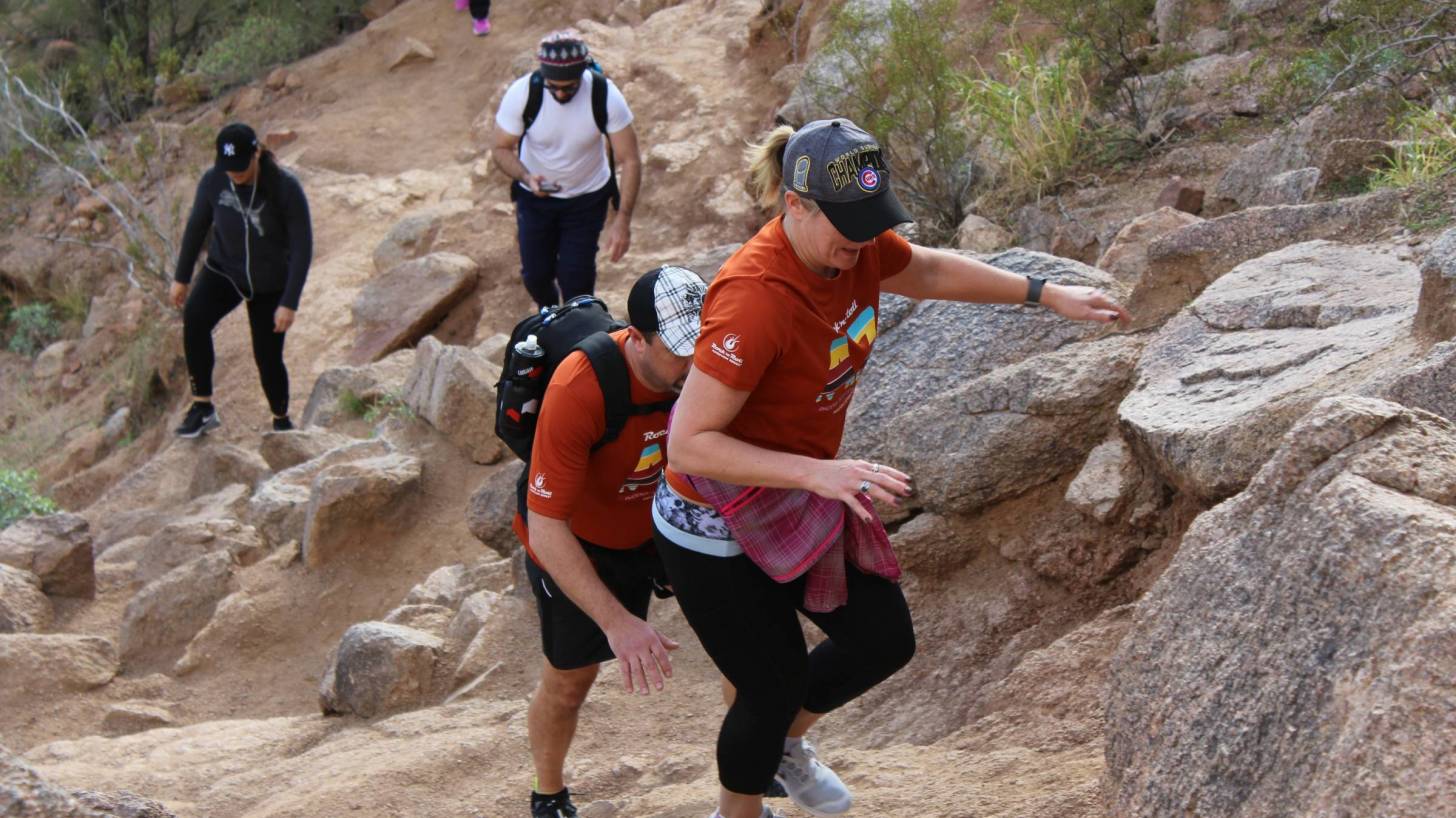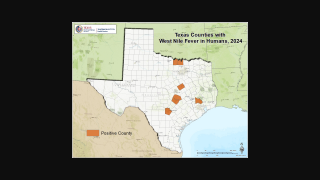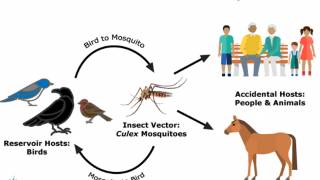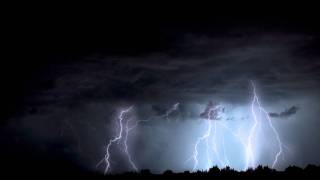Arizona Reports 7 West Nile Virus Fatalities

According to the Maricopa County Department of Public Health (MCDPH), there have been 7 deaths out of 107 confirmed West Nile virus during 2019.
This new data published on August 9, 2019, indicates the state of Arizona leads the USA with a West Nile virus (WNV) case-fatality-rate (CFR) of over 6 percent.
This CFR is actually good news when compared with 2018 when Arizona reported 26 human cases and 6 fatalities, representing a West Nile virus CFR of 23 percent.
Dr. Rebecca Sunenshine, MCDPH’s medical director in Phonix, Arizona said in a news article by AZ Family, "The vast majority of WNV cases is the severe kind that affects the nerves, the brain, and the spinal cord.”
Dr. Sunenshine continued saying "There's probably a lot more (WNV cases) out there."
The last time Maricopa County, Arizona reported this type of outbreak was in 2010 when 115 WNV cases were confirmed.
It's unclear what has led to the increase in cases in 2019, especially considering West Nile virus outbreaks are generally related to rainy seasons.
Most of Arizona is more than 50 percent below the average in rainfall for the summer storm season, which began in June, reported KTAR.
About 90 percent of arboviral disease cases such as West Nile were reported between April–September in 2018, which was consistent with the trends in past years, says the Centers for Disease Control and Prevention (CDC).
This is because WNV is commonly spread by the bite of an infected mosquito, which breeds during raining seasons.
West Nile virus usually circulates between Culex sp. mosquitoes, and birds. A mosquito feeds on an infected bird, acquires the WNV, then passes the virus to humans, who are considered ‘dead-end’ hosts, as they cannot pass the WNV on to other humans.
On a national basis, the CDC says a total of 36 states have reported 128 human WNV cases as of August 6, 2019.
And recently, the Southern Nevada Health District reported 16 West Nile cases, with 11 individuals having the neuroinvasive form of the illness, on August 8, 2019.
During 2018, the CDC confirmed 2,647 WNV cases, and 167 related fatalities, which represents a CFR of 6.3 percent.
Previous studies have reported the mean estimated cost for treating West Nile virus patients in hospitals is about $25,000.
Additionally, studies have indicated that over 30 percent of WNV infections in patients with clinically compatible neurological illness might be undiagnosed due to either lack of testing or inappropriate testing, leading to substantial underestimates of WNV neuroinvasive disease burden.
Therefore, the CDC says ‘healthcare providers in the USA should consider arboviral infections in patients with aseptic meningitis or encephalitis, and perform diagnostic testing as appropriate.’
Most endemic arboviral diseases such as WNV are nationally notifiable. WNV symptoms include fever, headache, tiredness, body aches, nausea, vomiting, and swollen lymph glands.
Cases reported as acute flaccid paralysis, encephalitis, meningitis, or an unspecified neurologic presentation were classified as neuroinvasive disease cases.
The CDC says since there is not a protective vaccine available, the most effective way to prevent infection from West Nile virus is to prevent mosquito bites.
Which means to use insect repellent, wear long-sleeved shirts and pants, treat clothing and gear, and take steps to control mosquitoes indoors and outdoors.
And, use Environmental Protection Agency registered insect repellents, which are proven safe even for pregnant and breastfeeding women, says the CDC.
Laboratory diagnosis of WNV is generally accomplished by testing serum or cerebrospinal fluid to detect WNV-specific IgM antibodies.
>>> Take a West Nile Virus Test <<<
Over the last two decades, several vaccine candidates for the protection of humans from WNV have been developed. There is one WNV vaccine candidate conducting a small phase 1 clinical trial.
This vaccine candidate, HydroVax-001, is a hydrogen peroxide inactivated, whole virion vaccine adjuvanted with aluminum hydroxide. HydroVax-001 experimental vaccine was discovered and developed by scientists at Oregon Health & Science University.
"Once the new vaccine is available, it will provide patients protection against the West Nile Virus, which would be especially great for busy families that may not always remember their insect repellent or long-sleeved shirt," said Nina Sprague, Pharmacy Intern, for Brookshire's Grocery Company.
Our Trust Standards: Medical Advisory Committee
- Vector-Borne & Zoonotic Reports
- 7 dead in Maricopa County due to West Nile virus, officials say
- Public Health Update Health District reports 16th Case of West Nile Virus
- CDC: West Nile Virus Disease Cases* and Presumptive Viremic Blood Donors by State – United States, 2018
- CDC: Abornet Map
- Hospital-based enhanced surveillance for West Nile virus neuroinvasive disease


























